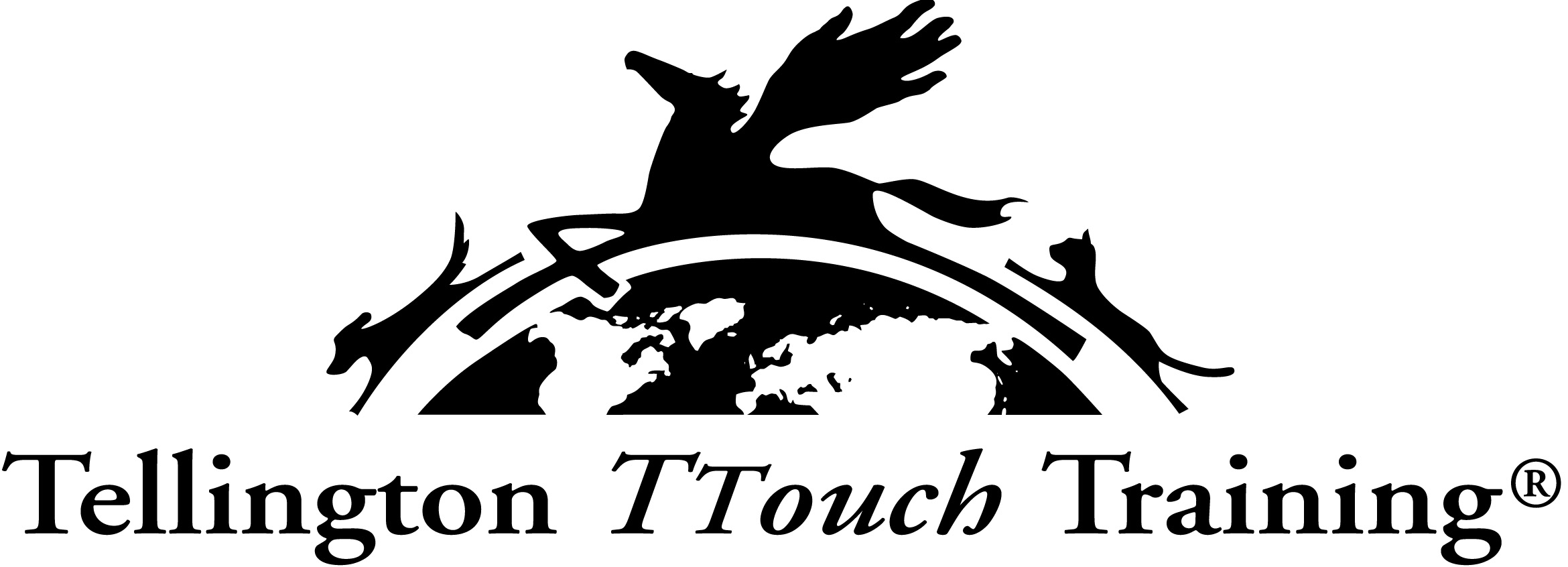Now that you understand how to let the dog know that there are boundaries in his relationship with the humans/other animals in his life, how do you train the dog to behave as you would like? Please remember that a dog does not automatically know what behaviour is expected. There are a million and one wrong things that your dog may do and not all that many right things. It therefore makes sense to show the dog what you expect and reward him/her for doing it. It is far less time consuming and stressful for all concerned to take this approach, than to try to correct the dog every time he/she does something that we feel is wrong!
Your dog is more likely to repeat any behaviour for which he/she receives a reward. Small pieces of food work very quickly to establish behaviour. However, once the dog understands what is required, it is important to vary the type, value and timing of the reward. Your dog will work harder and respond more quickly if he/she doesn't know what is coming next. If the reward remains too predictable, the dog may become bored and seek amusement elsewhere.
It is therefore important to explore and discover a range of touch, verbal praise, toys and titbits to obtain a response. Try to use the lowest value reward which will motivate a response when there is little or no distraction.
If all the favourite rewards are used when there are no distractions, there is nothing to fall back on at times when there are distractions, e.g. at the park or when the children are playing.
Rewards are not just cuddles, games, toys and titbits. They are anything that the dog finds rewarding. It is important to realise that you are likely to find some of these 'rewards' both unpleasant and unrewarding. If your dog keeps repeating a behaviour that you do not like, try to think why he finds it rewarding. Dogs are opportunists.
Example: Paddy is jumping up every time he greets his family or visitors or wants some attention. It was a nuisance when he was a puppy but now he is a full-grown Irish Wolfhound it has become a real problem. His owners have tried to push him off, have shouted at him and, as a last resort, hit him to try and make him stop.
When they push him or shout at him, Paddy starts leaping around and banging into them. On the first occasion that he was smacked, he became quite distressed and crept off into his bed, problem solved? No, Paddy still greeted them in the same way but on the second occasion that he was smacked, growled at his owner. What is going on in Paddy's head?
Paddy jumps up for attention, being pushed away looks to him like his owner wants to play a physical game, which of course he enjoys. He isn't so keen when Dad shouts but it is attention and could develop into one of their games. Paddy became quite frightened at being smacked. The first part of their game was OK but then Dad became unpredictable and hurt him, next time he'd be ready just in case.
What should Paddy's owners do? The short answer is to remove the present reward.
- Ignore Paddy when he jumps up, don't look at him or speak to him and turn away.
- When he calms down, ask him to sit or offer a hand touch greeting with four feet on the ground and reward (see Clicker Training page)
- If he gets excited again and starts jumping up, ignore him again until he calms, ask him to sit or touch and reward
- If everybody does this consistently, Paddy will quickly learn the new behaviour to gain the attention he wants.
An alternative way using Clicker Training.
- Most dogs are habitual and 'launch' from a predictable distance. To mark 'four feet on the floor' Click at a point just before Paddy would normally launch to jump up, then deliver the treat.
- If he does jump up, totally ignore and shut down on him, Click and Treat when all four feet hit the floor. Paddy would quickly learn that it is far more rewarding not to jump up.
It is very important to be consistent. If you occasionally reward a behaviour that has previously become a habit, it will be very difficult to obtain the correct response.
It is important when using reward-based, motivational training to know what your dog finds pleasurable and to what degree these rewards may help with training. Spend time exploring possible rewards, physical and vocal praise, play and food, and attention so that you can make the best use of them in training. It helps to establish various levels of each reward. You will find this knowledge very valuable as training advances.
There are many different ways to
touch, speak to and play with your dog, find out what he/she responds to best.
Titbits do
not have to be large pieces of food, in fact dogs seem to work harder if food rewards are
broken into very small amounts. Toys do not have to be expensive items bought from pet
shops. It is important to know what motivates your dog to play; it may be a plant pot, an
old sock or a plastic pop bottle!
TRAINING A NEW BEHAVIOUR: Food is usually most effective to train a new behaviour. Select the lowest value reward possible to obtain the response that you require, e.g. 'COME'. Initially, reward the dog each time he/she comes when called, using the same type and quantity of reward, this is called a **fixed reward**.
When the dog understands the task it is very important to vary the type, quality and quantity of the reward. The potential reward is now unpredictable and this not visible or 'on offer' as a bribe. This keeps the dog guessing, keen to respond to please you because of which reward you will offer. A dog who only responds to bribes, will only do so if he/she wants what is 'on offer' at that particular time.
PLEASE NOTE: There should always be a reward, even if it is just a quiet word of praise. Unrewarded behaviour will extinguish rapidly, so if your dog is getting things right and you want him/her to continue to do so, as Dr Ian Dunbar would say, "Don't keep it a secret!"
It is important that your dog does not become too demanding, being pushy and grabbing at food or toy rewards. Rewards are a wonderful training aid but must be controlled by you. This problem can be accelerated if a really exciting or tasty reward is used to train a very simple behaviour or **fixed rewards** are used for too long. A dog can become so obsessed with the reward that he cannot engage his/her brain to learn the task that you are trying to teach.
**Same type and quantity of reward used each correct response, to train a new behaviour. See also section CATEGORIES OF REWARD**
It is human nature not to notice if
your dog is lying down quietly being good but to notice very quickly when
the dog does
something 'wrong'. Remember to reward behaviour that you want to increase; if your
dog is being good - don't keep it a secret!
If he/she is doing something that you don't want him to repeat, ignore the behaviour unless it is dangerous or there is an obvious reward in it for the dog. If this is the case, distract him/her and try to replace it with a behaviour that you can reward, e.g. sit or a recall.
Avoid relying solely on food or toys as rewards. One of your most valuable tools is attention given to the dog, physical and verbal praise.
Remember that for most dogs ATTENTION=REWARD. If your dog can gain more attention by stealing items that you don’t wish him/her to have (e.g. TV remote, children’s toys, your best shoes) than he gets for playing with his own toys - he/she will go for the inappropriate item!
__________________________________________________________



 Proprietor of Paws'n'Learn TTouch Guild APDT UK 130 Pet Professionals Guild
Proprietor of Paws'n'Learn TTouch Guild APDT UK 130 Pet Professionals Guild
